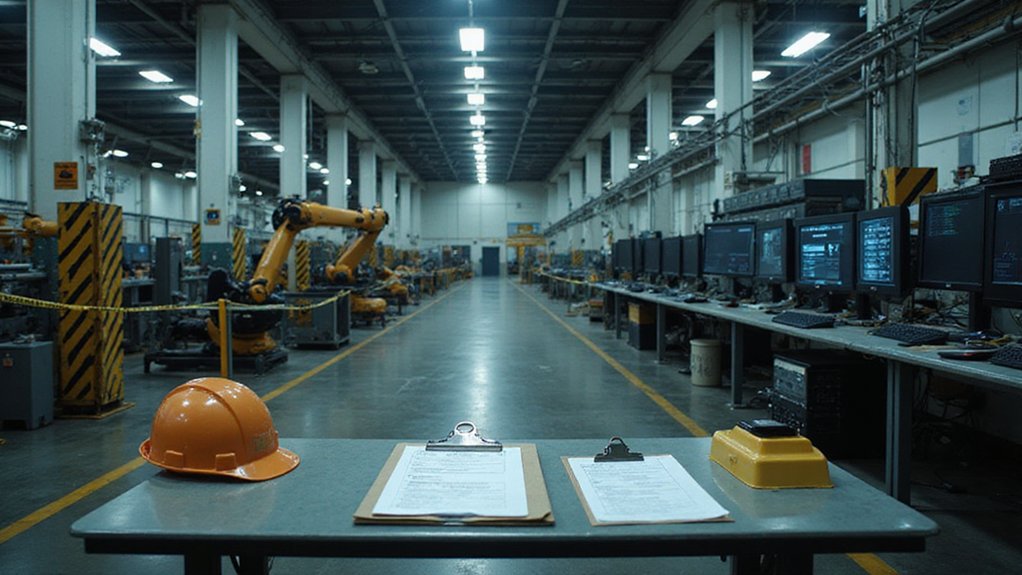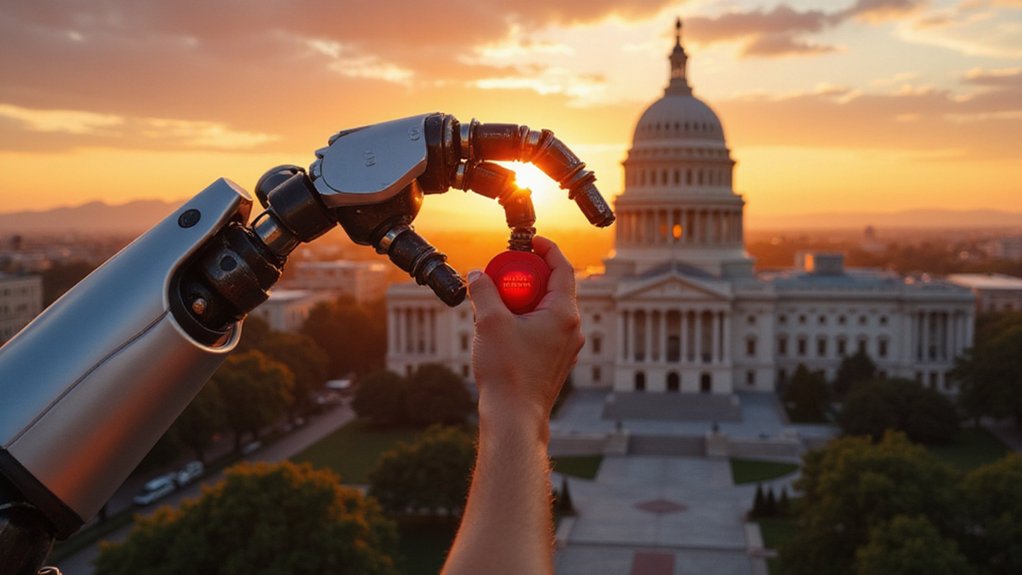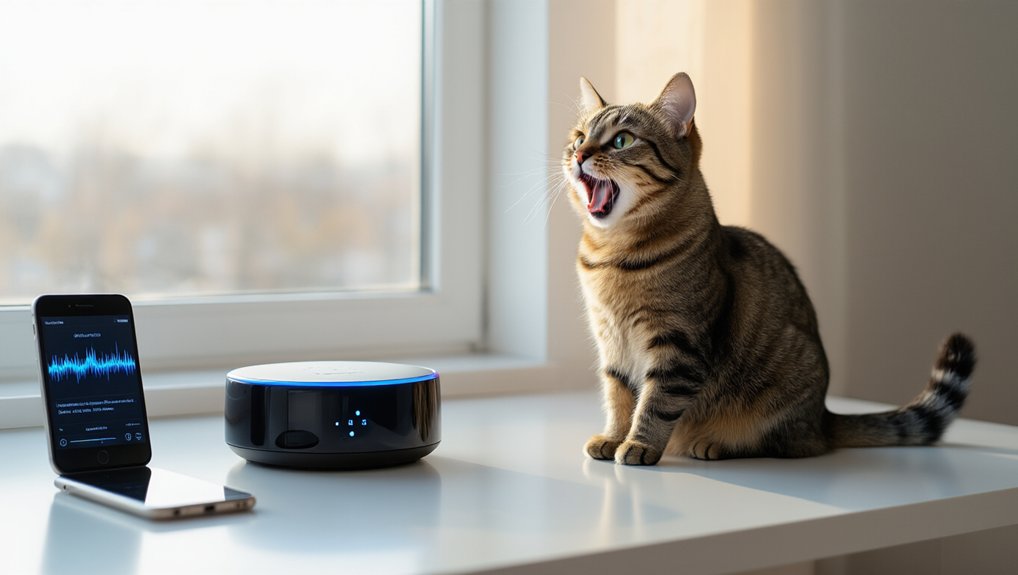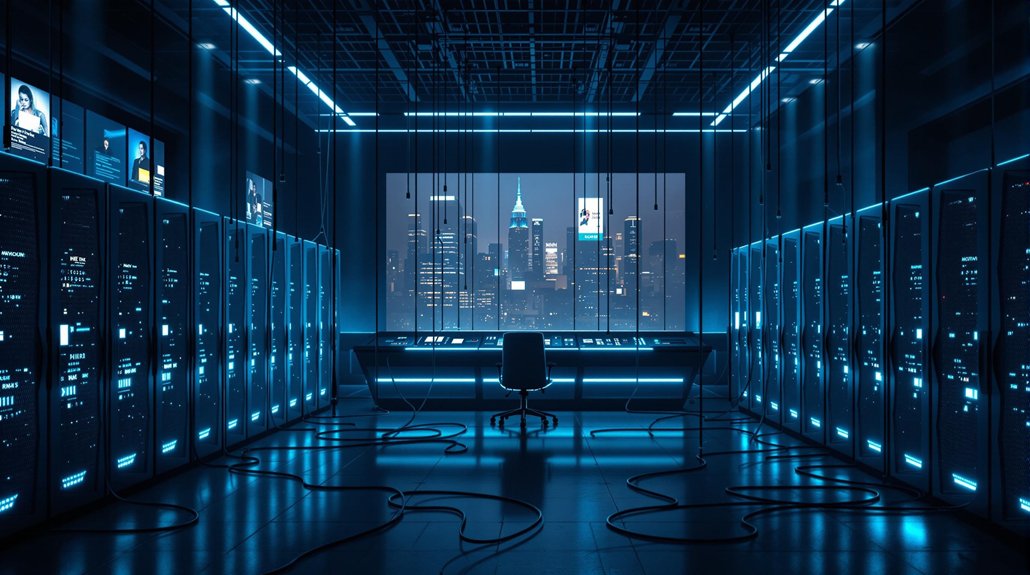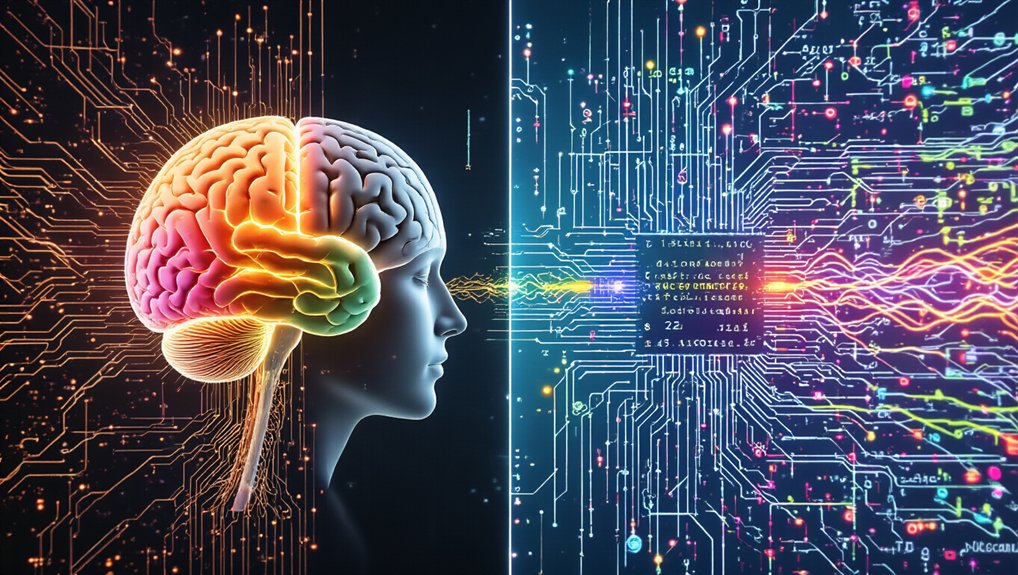When the suits in the C-suite decided to bring in AI to watch every keystroke and monitor bathroom breaks, workers found themselves in a digital cage. But unions aren’t taking it lying down. They’re fighting back, hard.
Through collective bargaining, unions are slamming the brakes on unchecked AI deployment. They’re demanding a say in how these systems work, who they monitor, and what happens to the data. Entertainment unions like SAG-AFTRA already scored major victories, securing consent rights when studios want to use AI to replicate actors’ performances. No consent, no digital clone. Simple as that.
Unions are slamming the brakes on unchecked AI deployment, demanding control over workplace surveillance systems.
The pushback extends beyond Hollywood. Manufacturing unions negotiate strict limits on AI surveillance tools. They’re forcing employers to justify every camera, every algorithmic decision, every automated system that tracks workers like cattle. Some contracts now require transparency about how AI makes employment decisions. Others ban certain surveillance tech altogether.
Legislative advocacy represents another front in this war. Unions lobby federal and state lawmakers to restrict AI workplace surveillance, especially when it’s used for discipline. They’re not asking for permission anymore. They’re demanding laws that require worker input before any AI system goes live. The No Robot Bosses Act would prevent employers from making employment decisions based solely on automated systems, requiring human oversight for all critical workplace decisions.
Job security remains the biggest concern. Unions know AI can eliminate positions faster than you can say “efficiency.” So they’re negotiating hard for retraining programs, role shifts, and flat-out prohibitions on using AI to replace human workers. Some contracts now include clauses that adapt to emerging AI technologies, future-proofing worker protections. Nearly half of all jobs face exposure to AI automation, making these protections critical for millions of workers.
The surveillance piece is particularly galling to workers. Keystroke monitors, biometric assessments, cameras that track eye movements—it’s dystopian stuff. Unions push for regulatory standards to prevent discrimination through these tools. They’re also securing provisions for fair compensation when AI systems replicate human work.
Worker voice matters more than ever. Unions organize feedback channels to monitor AI outcomes, guarantee democratic participation in tech deployment decisions, and draft principles promoting fairness. These efforts are crucial as economic disparities widen with unequal access to AI technologies and the benefits they provide.
They’re making sure employees aren’t just subjects of AI systems but active participants in shaping them. Because when technology serves capital instead of people, everyone loses except the shareholders.
References
- https://www.americanprogress.org/article/unions-give-workers-a-voice-over-how-ai-affects-their-jobs/
- https://aflcio.org/issues/future-work/ai
- https://www.yalejreg.com/bulletin/belaboring-the-algorithm-artificial-intelligence-and-labor-unions/
- https://www.littler.com/news-analysis/asap/labor-organizing-and-ai-employer-perspective
- https://civilrights.org/blog/a-worker-resistant-approach-to-ai-is-harming-our-workforce-economy-and-civil-rights/
